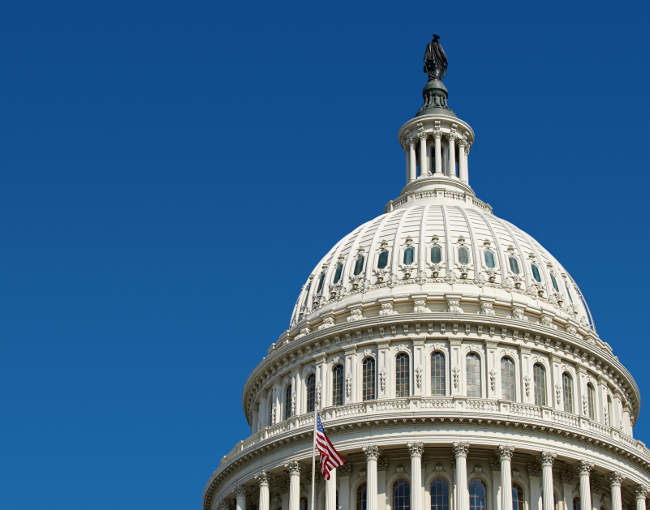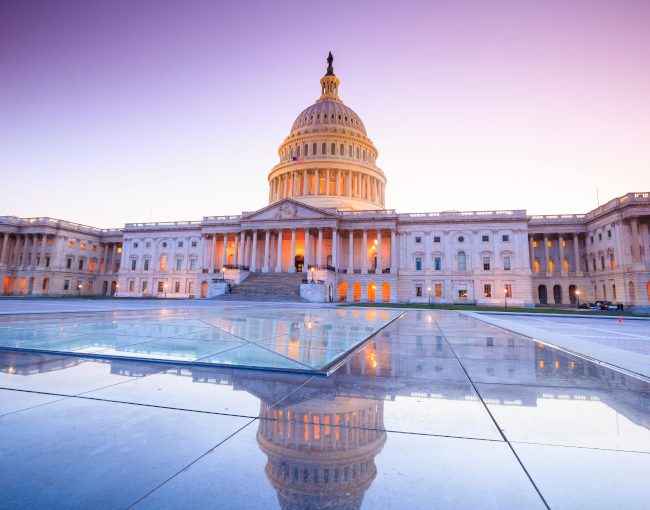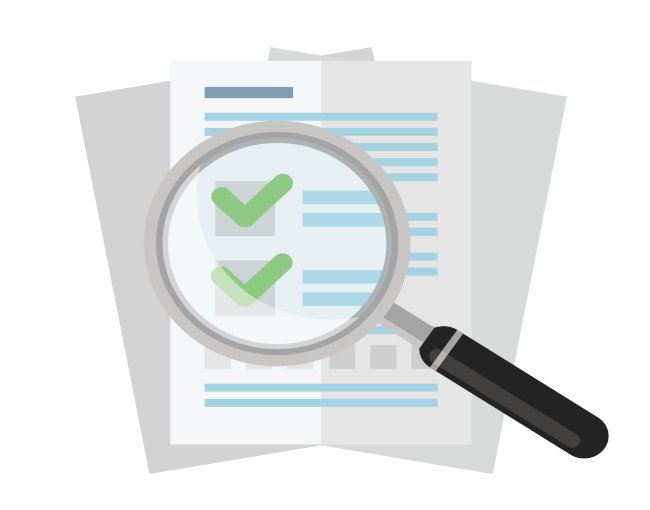
In March of 2020, CMS expanded the COVID-19 Accelerated and Advance Payments Program to additional Medicare Part A providers and Part B suppliers in response to the COVID-19 pandemic. READ MORE
(By accessing, browsing or using the pages below, you agree to the Blog Conditions of Use/Disclaimer available under "Links.")

In March of 2020, CMS expanded the COVID-19 Accelerated and Advance Payments Program to additional Medicare Part A providers and Part B suppliers in response to the COVID-19 pandemic. READ MORE

CMS has finalized a rule that expands Medicare coverage for telehealth services. This final rule, along with other new rules and waivers by the federal government, state governments and private payors, has significantly expanded access to and coverage of virtual health care services in response to the public health emergency. READ MORE

On January 15, 2021, the Department of Health and Human Services announced it has amended the reporting timeline for those who received Provider Relief Fund payments exceeding $10,000 in the aggregate. Additionally, pursuant to the Coronavirus Response and Relief Supplemental Appropriations Act of 2021, HHS revised the methodology for calculating lost revenues. READ MORE

On October 22, HHS updated its reporting guidance to revise the methodology for calculating lost revenue and expanded the eligibility requirements for the Phase 3 distribution. This blog updates our blog posted earlier this week on these topics. READ MORE

The Department of Health and Human Services has opened the portal for Phase 3 of Provider Relief Funds, which will include an additional $20 billion in distributions. The distributions will be made available to an expanded group of providers. READ MORE

In response to the COVID-19 pandemic, states across the country have issued emergency declarations or disaster proclamations. It is important to track the expiration of a state’s emergency declaration to ensure appropriate compliance with various legal requirements. READ MORE

Recipients of aid from the Provider Relief Fund are required to submit reports detailing how the funds were used, but detailed instructions and a data collection template have not yet been released. This article outlines what we know about the reporting deadlines while recipients await further guidance. READ MORE

The Department of Health and Human Services has updated its FAQs regarding the Provider Relief Fund contained in the CARES Act. It is important to monitor these changes because HHS has changed its position on certain issues and such changes could impact a provider’s ability to retain the funds. READ MORE

The CARES Act, signed into law on March 27, 2020, provides emergency assistance and health care response for individuals, families and businesses affected by the 2020 coronavirus pandemic. The CARES Act includes several provisions that could provide relief to physicians as a result of the pandemic. READ MORE

On March 24, 2020, the Federal Trade Commission and the U.S. Department of Justice Antitrust Division — the two federal agencies responsible for enforcement of federal antitrust laws — issued a joint statement recognizing that dealing with the COVID-19 crisis will require “unprecedented cooperation…among private businesses.” The joint statement details procedures and guidance aimed at collaborations of businesses working to protect the health and safety of Americans during the COVID-19 pandemic. READ MORE

Previously, we discussed the impact of the Families First Coronavirus Response Act on medical practices and health care providers. Specifically, the Act allows medical practices and other health care entities to exclude any employees who are “health care providers” or “emergency responders” from the new emergency provisions. In follow-up guidance, the Department of Labor recently clarified the definition of “health care provider.” READ MORE

The Families First Coronavirus Response Act establishes new emergency medical and sick leave benefit requirements for employers with 500 or less employees. However, health care entities have the right to exclude their some of their employees, with certain stipulations. READ MORE

The Families First Coronavirus Response Act we first reported on earlier this week has now passed the Senate after technical corrections by the House of Representatives and has been sent to the President for signature. This bill creates several significant paid leave requirements for employers. Even employers not usually covered by the Family and Medical Leave Act (FMLA) may be required to offer FMLA leave and paid sick time for employees who must miss work for coronavirus-related reasons. READ MORE
NOTICE.
Although we would like to hear from you, we cannot represent you until we know that
doing so will not create a conflict of interest. Also, we cannot treat unsolicited
information as confidential. Accordingly, please do not send us any information
about any matter that may involve you until you receive a written statement from
us that we represent you (an ‘engagement letter’).
By clicking the ‘ACCEPT’ button, you agree that we may review any information you transmit to us. You recognize that our review of your information, even if you submitted it in a good faith effort to retain us, and, further, even if you consider it confidential, does not preclude us from representing another client directly adverse to you, even in a matter where that information could and will be used against you. Please click the ‘ACCEPT’ button if you understand and accept the foregoing statement and wish to proceed.